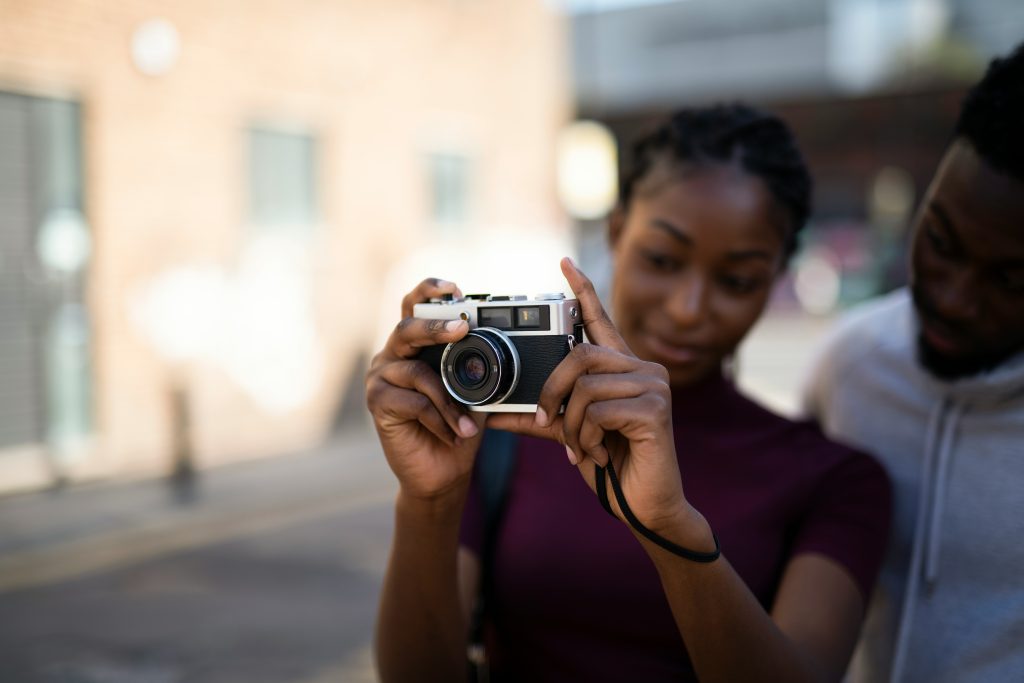
Photography is more than just taking pictures, it’s an art, a skill, and for many, a fulfilling career. Whether you want to capture breathtaking landscapes, create stunning portraits, or work as a professional event photographer, becoming a photographer requires creativity, technical knowledge, and business skills.
In this guide, we’ll cover everything you need to know about how to become a photographer, including essential skills, types of photography careers, equipment, education, portfolio building, and tips for success.
Why Become a Photographer?
Photography offers a unique blend of creativity, independence, and opportunity. People pursue photography careers for several reasons:
- Express their creativity through visual storytelling
- Work in diverse environments, from studios to outdoor locations
- Build flexible schedules, especially as freelance photographers
- Work in a variety of industries including weddings, fashion, sports, journalism, and commercial photography
- Turn a passion into a profitable career
Whether your goal is to travel, work with people, or create visual art, photography offers a pathway to fulfilment and income.
Essential Skills You Need
To become a successful photographer, you need more than a camera. Here are the core skills required:
1. Technical Skills
- Understanding exposure, shutter speed, aperture, and ISO
- Mastering camera settings and lenses
- Using editing software, including tools to remove background for clean, polished results
2. Creative Skills
- Composition and framing
- Colour theory and visual storytelling
- Developing a unique style and signature look
3. Business and Marketing Skills
- Pricing your services fairly and competitively
- Promoting your work on social media and personal websites
- Networking with clients and other photographers
- Understanding contracts and client agreements
4. Communication Skills
- Interacting with clients professionally
- Directing models, groups, or subjects during shoots
- Handling client feedback effectively
Developing these skills ensures you are not only technically competent but also professional and prepared for client-facing roles.
Types of Photographers
Photography is a broad field, and there are many specialisations. Understanding these types can help you focus your career and market your services effectively.
1. Wedding Photographer
- Captures all moments of weddings, from preparation to reception
- Requires excellent people skills, patience, and adaptability
- Often works long and unpredictable hours
2. Travel Photographer
- Focuses on landscapes, cultures, and destinations
- Freelance opportunities include selling photos to magazines, stock libraries, or tourism boards
- Needs strong storytelling skills and adaptability
3. Portrait Photographer
- Specialises in photographing individuals, families, or groups
- Works in studios or on location
- Requires a good understanding of lighting and posing
4. Fashion Photographer
- Works with models, clothing brands, and publications
- Often collaborates with stylists, makeup artists, and designers
- Requires creativity, a professional network, and trend awareness
5. Sports Photographer
- Captures athletes in action for media or personal clients
- Needs high-speed camera skills and anticipation of movement
- Works with media outlets, sports teams, or events
6. Commercial / Product Photographer
- Shoots products for advertisements, websites, or catalogues
- Requires meticulous attention to detail and lighting
- Often works in studios or for e-commerce businesses
7. Photojournalist
- Covers news events, social issues, and documentaries
- Needs storytelling skills and adaptability, often in challenging locations
- Works for newspapers, magazines, or as a freelancer
8. Event Photographer
- Captures corporate events, conferences, and parties
- Requires networking skills, flexibility, and professionalism
Understanding your niche helps you market yourself effectively and target the right clients.

Education and Training
Becoming a photographer doesn’t always require formal education, but training can provide structure, mentorship, and credibility.
1. Formal Education
- Photography degrees at universities or colleges
- Diplomas or certificates in photography, visual arts, or media
2. Workshops and Short Courses
- Local photography classes or creative hubs
- Online courses through platforms like Udemy, Coursera, or LinkedIn Learning
- Masterclasses by professional photographers
3. Self-Taught
- Learning via online tutorials and trial-and-error practice
- Experimenting with different techniques and styles
- Joining photography communities or forums for feedback and support
Education and continuous learning ensure your skills remain relevant and competitive.
Choosing Your Equipment
You don’t need the most expensive gear to start, but some basics are essential for a professional career.
Cameras
- Entry-level DSLR or mirrorless camera for beginners
- Advanced professional cameras for higher-quality output
Lenses
- Standard zoom lens (e.g., 18-55mm)
- Prime lenses for portraits or low-light photography
- Wide-angle lens for landscapes
Accessories
- Tripod for stability
- External flash or lighting kits
- Memory cards, extra batteries, and a camera bag
The right combination of tools ensures you can handle any shooting scenario and deliver high-quality images.
Building a Portfolio
A strong portfolio is critical to securing clients or employment.
- Showcase a variety of work: portraits, events, landscapes, products
- Only highlight your best images
- Keep your portfolio updated with recent work
- Share your portfolio on a personal website, social media, and photography platforms
A professional portfolio is often the first impression clients have of your work, so make it count.
Finding Clients and Jobs
Once you’re ready, there are multiple avenues for finding clients:
Freelance
- Promote your services locally and online
- Offer packages for weddings, portraits, events, or commercial shoots
Employment
- Work for media outlets, studios, or advertising agencies
- Specialise in a niche like fashion, sports, or real estate photography
Online Platforms
- Join photography marketplaces and freelance websites
- Use social media to showcase work and attract leads
Networking and consistent marketing are key to growing your client base.
Tips for Success
- Always learn new techniques and trends
- Practice regularly to improve skills
- Connect with other photographers for mentorship and collaboration
- Build your personal brand and online presence
- Be professional, punctual, and reliable with clients
A professional approach combined with creative skill ensures long-term success in the photography industry.
Conclusion
Becoming a photographer takes dedication, creativity, and business acumen. Whether your goal is to specialise as a wedding photographer, travel photographer, or photojournalist, the key is to combine technical expertise, creative flair, and professional skills.
With practice, a strong portfolio, and effective marketing, you can turn your passion for photography into a rewarding career. Photography is not just a job, it’s a way to tell stories, capture memories, and create art that lasts a lifetime.
